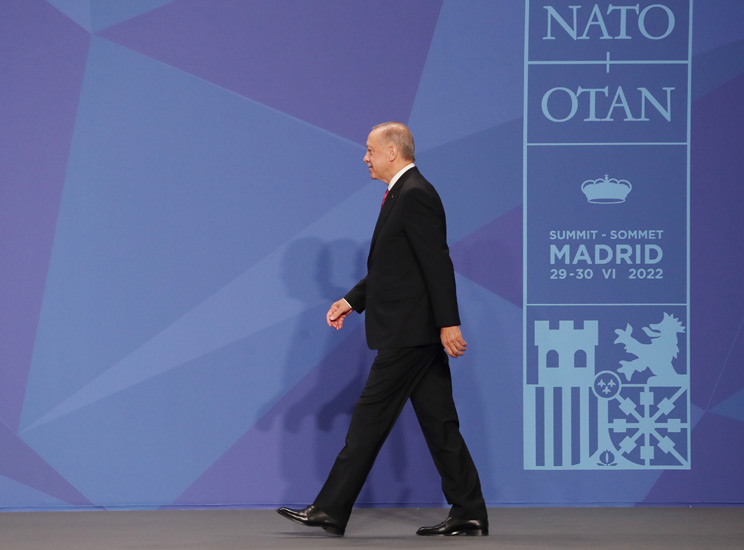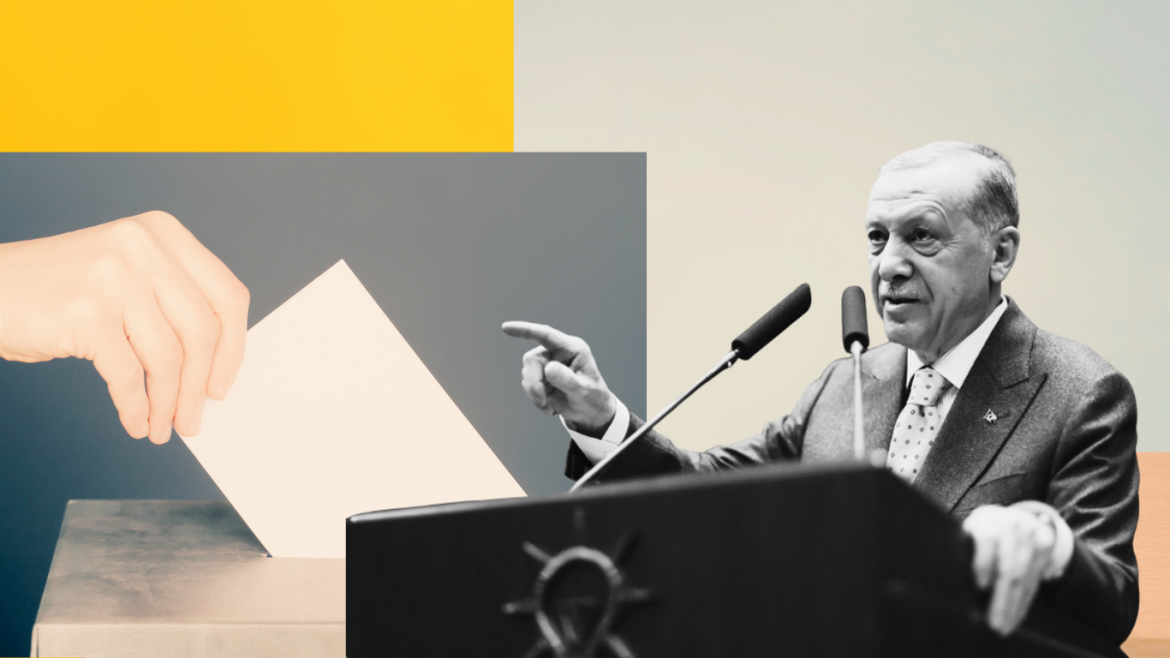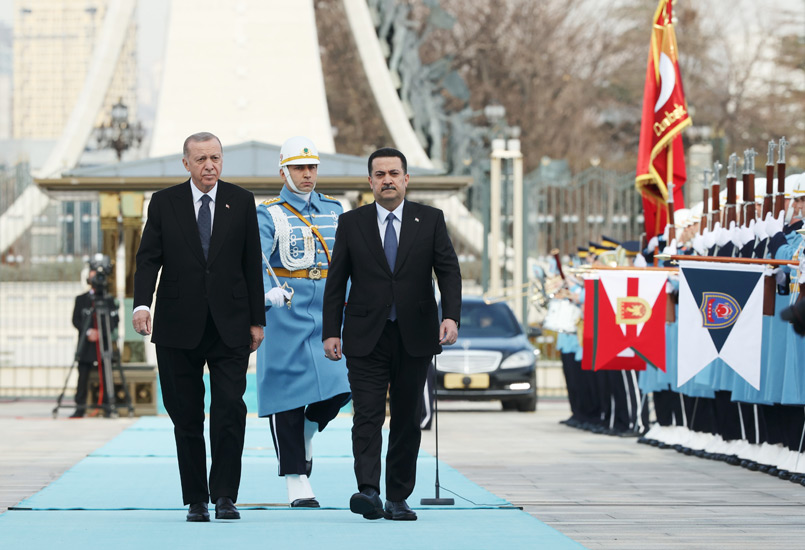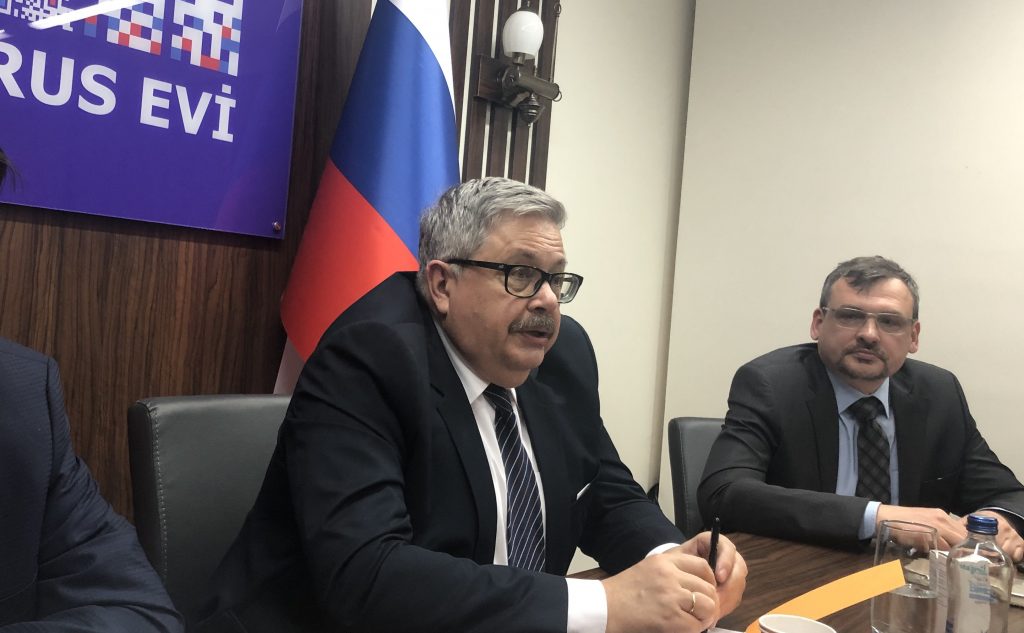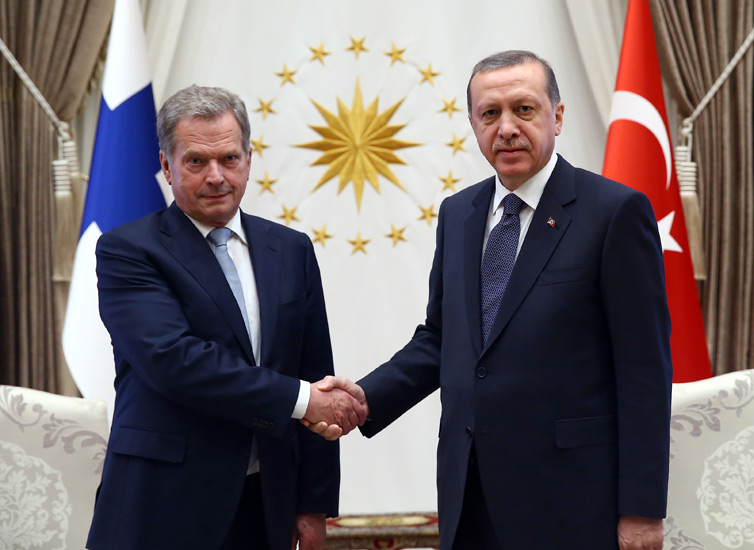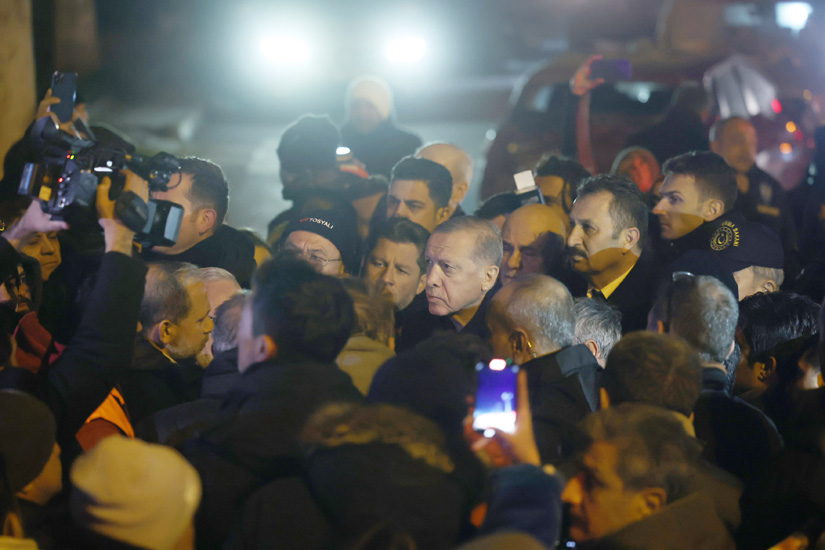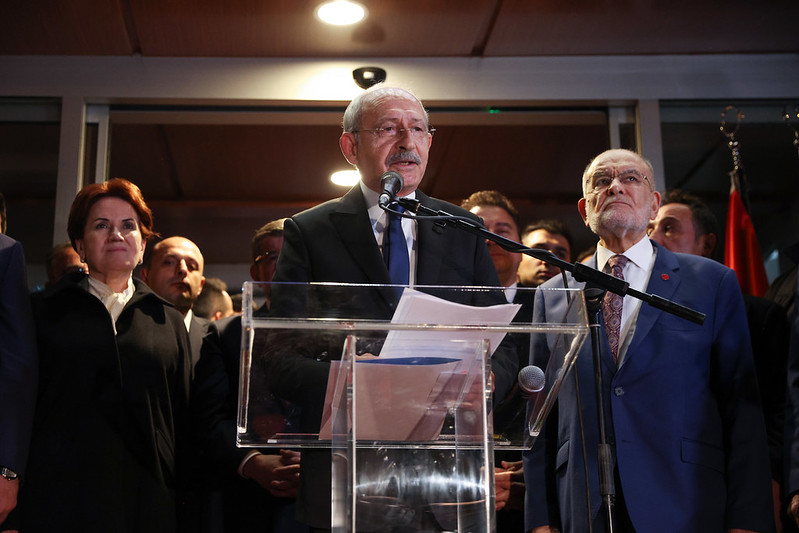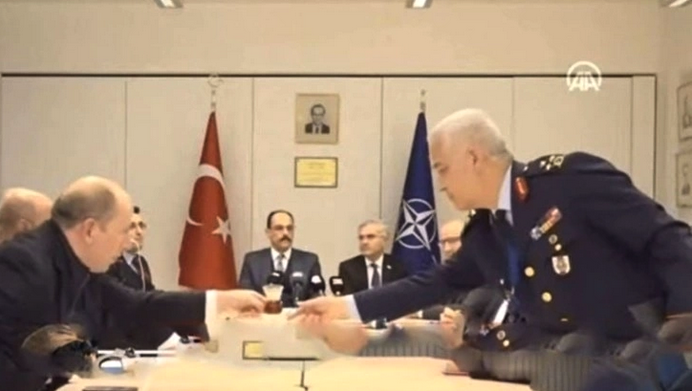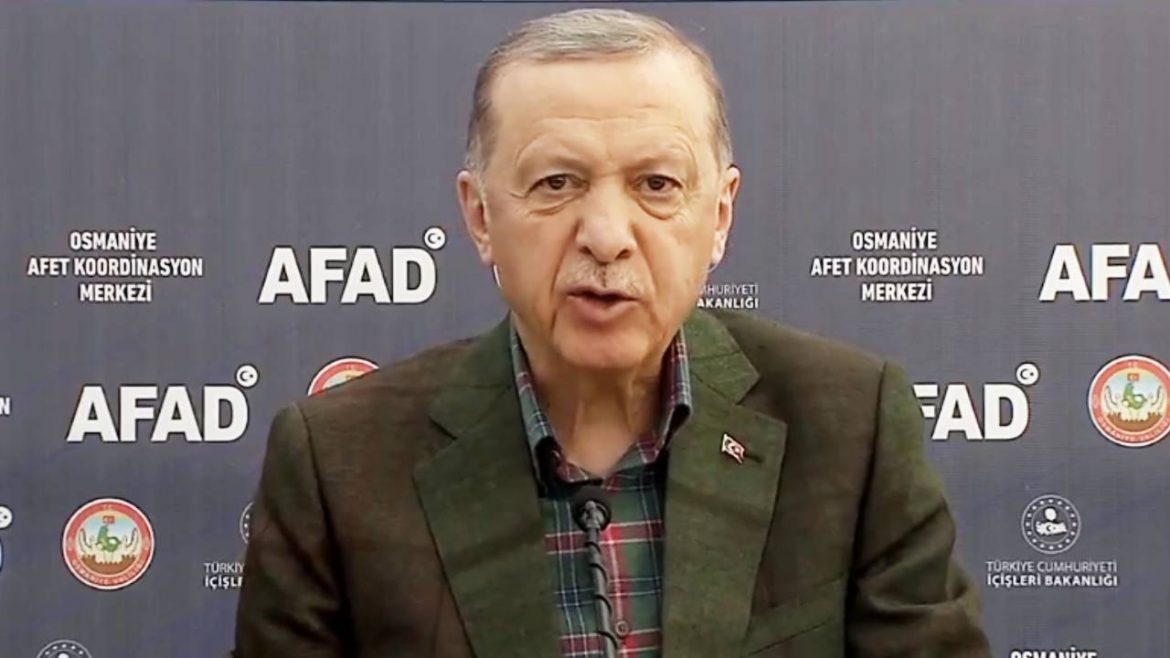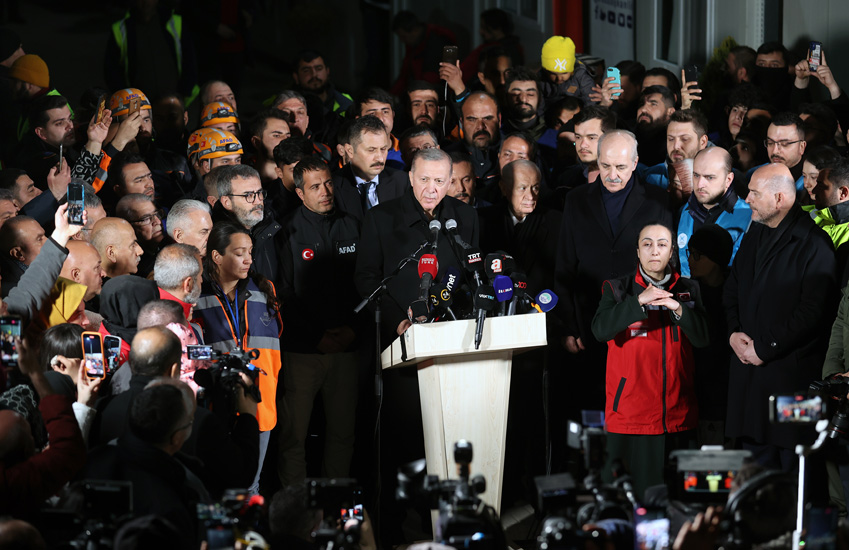Russia does not hide the fact that it is in favor of Turkish President Tayyip Erdoğan winning the upcoming 2023 elections in Türkiye. Their domestic interests require such support. With the S-400 issue, they started a debate in NATO over Türkiye that they could not have caused if they had spent billions of dollars on
In line with his previously stated intent, President Recep Tayyip Erdoğan has used the authority provided by Article 116(3) of the Constitution and declared Sunday the 14th of May 2023 as the date of the centenarian Turkish Republic’s upcoming presidential and parliamentary elections. The Supreme Election Council (YSK) has already accepted and declared the presidential
First, let us try to explain why Türkiye lost an arbitration case brought by the Iraqi government in 2014, which resulted in Türkiye being ordered to pay 1.4 billion US dollars in compensation. We should add that he International Chamber of Commerce’s International court of Arbitration in Paris also found the Iraqi government guilty of
Russian Ambassador to Ankara Aleksei Erkhov held a press conference in Ankara on the evening of March 15. The meeting was not at the Russian Embassy, but at the Russian House, a Russian cultural center. The ostensible purpose of the meeting was to show a documentary film titled “Liberation,” which shows how the Donetsk and
Turkish President Recep Tayyip Erdoğan said Ankara would approve Finland’s NATO membership as Finnish President Sauli Niinistö is expected to visit Türkiye. “We will keep our promise. After meeting with the President (Niinistö) upon his visit on Friday, we will keep our promise we made,” Erdoğan said on March 15, answering a question about Finland’s
The chain of disasters that started in the 2020s never leaves Turkey. First, the pandemic process experienced around the world greatly affected the economic and social life in the country in 2020 and 2021. Then, in 2022, the impacts of the Russian aggression and occupation of Ukraine were felt by the entire international community of
Turkish President Recep Tayyip Erdoğan signed the presidential decree to bring the critical presidential and general elections forward to May 14, while the political parties are closing ranks in search of unlikely alliances, as even the smallest parties may have an impact in the head-to-head race. President Erdoğan, on March 10, officially set the election
The photograph above is taken on March 9, 2023 in Brussels. President Tayyip Erdoğan’s Chief Foreign and Security Policy Advisor and Spokesperson, İbrahim Kalın, with Deputy Foreign Minister Burak Akçapar on his left, holing a press conference. The topic is whether Türkiye should give its approval to Sweden and Finland, two countries that want to join
The series of earthquakes that shook Türkiye and snuffed out lives has forced President and Justice and Development Party (AKP) leader Tayyip Erdoğan to change his electoral tactics. Both the impression from the ruling circles in Ankara and Erdoğan’s recent moves and outbursts suggest that the president is preparing to turn the state’s earthquake repair
On February 20, Türkiye was jolted by another earthquake with magnitudes of 6.4 and 5.8 in the devastated city of Hatay, killing six people and injuring 294. The country’s Disaster and Emergency Management Authority, AFAD, announced that Hatay’s Defne district was shaken by an earthquake of magnitude 6.4 at 20:04 (GMT +3) on February 20.
